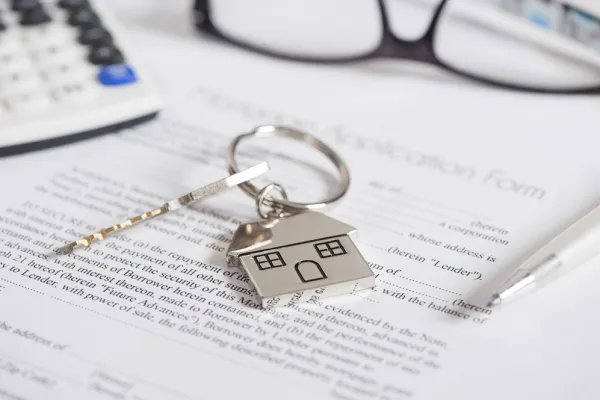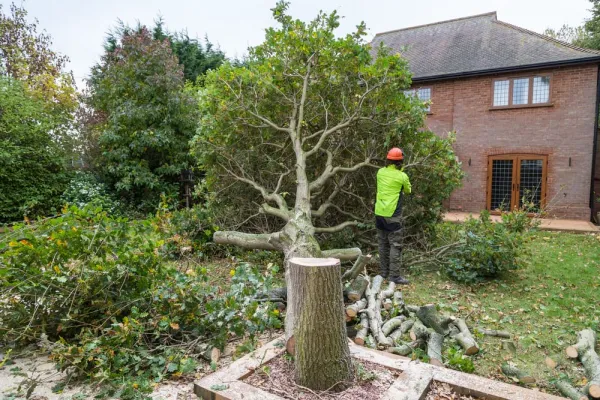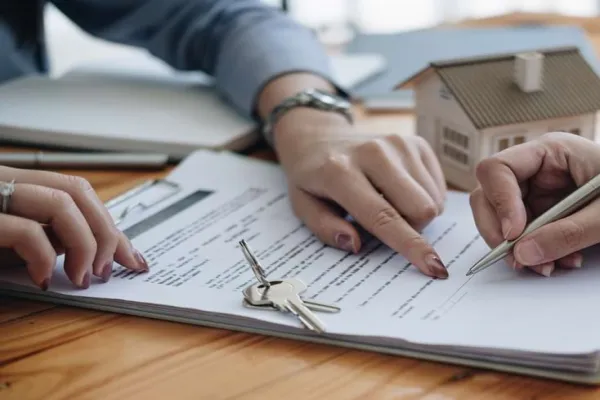Council tax. It’s that bill that seems to rise every year and you are never quite sure what it is rising for, what it pays for, and who benefits from it. We all must pay it and without it a great deal of what we see in our towns and villages would not be able to happen.
So, we thought, to help explain a little more about where your money goes each month, a guide to council tax would be a good idea.
What is council tax?
Council tax is a bill that each household receives every year to cover the costs of certain services provided by the council. These could be things like rubbish collection, street lighting, road maintenance and emergency services. In addition to the services that keep your town operating, the council tax will also support local leisure facilities, social care and assist the voluntary sector. The list is pretty much endless. Anything that has the council associated with it will receive some of its funding via council tax.
The latest information from the Office for Budget Responsibility shows that in 2022-23 council tax will account for approximately 1.7% of National Income. The money councils receive from council tax is about one-quarter of local authority spending.
The bill is calculated every year but paid in 10 monthly instalments. You can ask for it to be spread over 12 months though if you prefer.
How is council tax worked out?
Council tax is worked out by property value and those values are then put into bands. There are currently eight and they are listed A-H. Every property is valued by the VOA and then placed into a band. The bands are based on the value that the property may have sold for in April 1991.
Do I have to pay council tax?
In most circumstances, anybody that is over the age of 18 and lives in a home either rented or owned is expected to pay council tax. There are some exceptions though and this means that those people will be exempt when a council tax bill is worked out for a property. Typically, a council tax bill is worked out based on at least 2 adults living in a home.
You would find yourself disregarded if:
- You are under 18
- On specific apprenticeship schemes
- 18 or 19 and in full-time education
- A full-time student at college or university
- Under 25 and receive funding from the education and skills funding agency
- A student nurse
- A foreign language assistant registered with the British Council
- Severely mentally impaired
- A live-in carer for someone that is not your partner, spouse or child under 18
- A diplomat
Even if you fall under any of these categories, you will still need to submit an application to either be exempt or to receive a council tax discount.
What is the single-person council tax discount?
If you are living by yourself, you can get 25% off the council tax bill for your property. There are also further discounts for people with disabilities, people on low incomes or those in receipt of benefits. You can find out via your local council whether a discount will be available to you.
If everybody in the property falls into the categories listed above the bill will be discounted by 50%. If though, all people within the property are students or severely mentally impaired, the council tax bill for the property is disregarded.
Who pays council tax? The landlord or the tenant?
If you are not the owner of the property but the owner does live in it, or you and the others occupying the property all have separate tenancy agreements, you will not be required to pay. However, a landlord may factor it into the rent.
In most rental properties, the tenant will be expected to pay the council tax bill, although there are a few exceptions where it will fall under the remit of the landlord.
- If all occupants are under 18
- The property is a care home, hospital or refuge
- The occupants are asylum seekers
- Temporary accommodation where the main property is undergoing emergency work
What happens if I don’t pay council tax?
Failure to pay your council tax bill could result in tough penalties so it is always important to stay on top of your payments.
If you miss one payment, you will be sent a reminder giving you 7 days in which to make that payment. You will be sent a second reminder if you miss another.
Only two reminders will be sent out per financial year but if you do not make a payment after the third time of asking, you must pay the full year’s council tax. If, after this reminder, you do not pay the full bill within 7 days, the council will take legal action against you.
When things reach this stage, your local council may ask a magistrate for a liability order to be exercised. This is a full legal demand for payment. If you are found to have not paid your council tax, you will find yourself billed not only for the council tax but also for the costs incurred by the council such as any legal fees that they have accrued. You may feel you were within your rights to no longer pay the council tax and you would be welcome to attend the court to explain your reasoning.
What happens if you still don’t pay your council tax?
If the courts have ruled against you but you still do not pay your bill, action may be taken where the council will take the money directly from your wages. They may also take what they are owed from certain benefits too. Should you be receiving any of the following, you could find them reduced to satisfy the court and council requirements:
- ESA
- Income support
- Jobseekers allowance
- Pension credit
- Universal credit
If this means that you will not be able to satisfy other debtors or pay other bills, you may be able to ask the council to take smaller payments. After this, if payments are still not being made, the courts may send bailiffs to seize items to cover costs. Which will not only cover council tax and any court costs but also the costs of the bailiffs too.
In the worst-case scenario, if a court decides you do not have a good enough reason to have not paid your bill and you refuse to make any payments, you could be sent to prison for 3 months.
If you are finding that your council tax is a little high and you think moving house will help reduce it enough speak to us. We can offer a free house valuation and put you on the path to selling a house online. Let’s sell your property and get you moving!
















